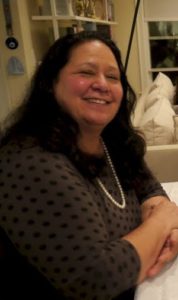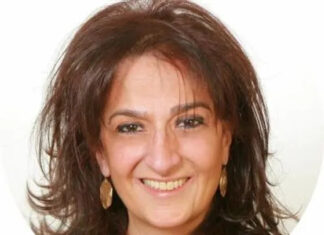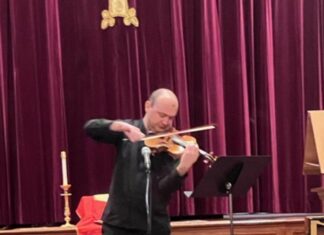BOSTON — Gonca Sönmez-Poole has interviewed several scholars and community activites on Turkish-Armenian relations. The first interview is with Fatma Müge Göçek. The first part of this in-depth interview appears this week.
Born, raised and educated in Istanbul, Turkey, Fatma Müge Göçek is a professor of sociology and women’s studies at the University of Michigan, Ann Arbor. Her research focuses on the comparative analysis of history, politics, gender and collective violence. Her last book, titled Denial of Violence: Ottoman Past, Turkish Present and the Collective Violence against the Armenians, 1789-2009, came out in November, published by Oxford University Press. Göçek was one of the founding members of The Workshop on Armenian-Turkish Scholarship (WATS), an unprecedented program that brought together Armenian and Turkish academics in a series of workshops starting in 2000.
What was the biggest challenge for you and your colleagues when you started WATS?
One thing we had to develop in the first run was that we didn’t even have a common language, a language to discuss these things. And there were initially some problems because we didn’t use the same words to mean the same things. People attributed very different meanings to it. For example, I said in one context, “Well history is complex, it’s never clean…and things are not black and white, they are gray.” I just meant social reality itself is gray, I hadn’t at all thought about genocide. I mean there was no reference to genocide whatsoever. But because it was, you know, so much in their minds, they took me to task and said, “What do you mean?” So I had to explain what I meant, which is fine. The major contribution of WATS was to create a new space, a more neutral space, where people felt they could talk about these things and share knowledge and information. And that not all Turks, you know, were puppets of the Turkish state. And of course, during the last 10 years, things really changed and transformed.










